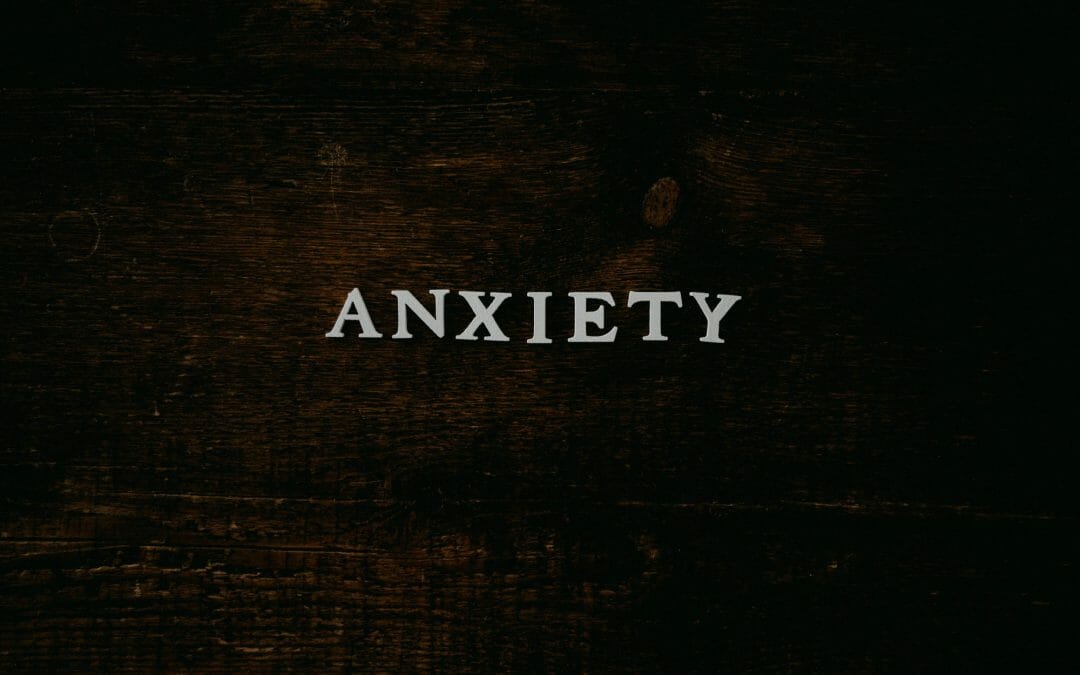Dental anxiety and dental phobia are common conditions that cause people to experience stress, anxiety, and fear when they have a dental appointment. In many cases, these issues can result in a person avoiding the dentist altogether, not getting the preventive treatments they need, and developing serious dental health problems as a result.
What Is Dental Anxiety?
Dental anxiety is marked by significant anxiety that occurs in anticipation of visiting the dentist and/or while visiting the dentist. Dentophobia, sometimes called dental phobia, is a more intense condition that is characterized by the extreme and overwhelming fear of dental treatments or visiting the dentist.
Both dental phobia and dental anxiety can occur as a result of past traumas associated with visiting a dentist’s office or as a result of having an aversion to the sounds, smells, and feelings associated with dental care. Some patients have dental anxiety as a result of feeling vulnerable and finding it difficult to communicate during dental treatments.
5 Tips to Overcome Dental Anxiety
If you suffer from dental anxiety, there are steps you can take to help get your stress under control so that you are able to peacefully seek the dental care you need to keep your teeth, gums, and body healthy and to avoid the need for more extensive and invasive treatments for serious problems that, without proper care, could develop in the future.
1. Practice Meditation
Meditation can take some time to practice before it becomes an effective method for calming your dental anxiety, but it is worth starting a practice. You can use guided meditations or breathing techniques to learn how to quiet your mind and diminish your body’s stress response. Then you can apply these techniques during your dental exams to keep yourself calm.
2. Listen to Something During Treatment
We always welcome our patients to bring a set of noise-canceling headphones or regular earbuds and an iPod or mp3 player to their appointments. Listening to calming or happy music, a guided meditation, a story, or a podcast you enjoy can cancel out the unfamiliar noises of the dental office, distract you from your treatment, and help you stay relaxed while you’re in the dental chair.
3. Take Treatment Breaks
Additionally, some patients with dental anxiety find it helpful if they can take breaks during their dental appointments. If you think having a breather during your dental cleaning or examination would help you calm your body and mind, we welcome you to talk with our dentist or your dental hygienist about this at your examination. We are happy to accommodate our patients’ needs, and we can put a note in your file for future reference, too.
4. Ask About Sedation Dentistry
Sedation dentistry, the use of various sedative medications during dental treatments, is perhaps the simplest method for helping patients with dental anxiety to relax in the dental chair because it’s fast and highly effective – plus, there are several different types of sedation dentistry that offer different levels of sedation and benefits.
5. Talk to Your Dentist
The most important thing you can do to combat your dental anxiety is to speak with your dentist about your fears, history, and triggers. We can work with you to help you find the best way to access dental care to keep your teeth healthy.
Whether you need to take breaks during your treatment, would feel more comfortable with a system of communication or hand signals worked out before your exam, or would like to explore sedation dentistry options, we can help you find a way to relax in the dental chair while providing yourself with the vital preventive treatments and/or restorative care you need.
Types of Sedation Dentistry
There are different types of sedation dentistry that provide different levels of sedation to patients. These include:
Nitrous Oxide Sedation
Nitrous oxide (laughing gas) offers patients a light form of sedation. Patients are fully awake and responsive during their treatments, but nitrous oxide allows them to be very relaxed and at ease. Under oral conscious sedation, memories might be slightly fuzzy, but patients typically remember everything that occurs during their appointments.
Oral Conscious Sedation
Oral conscious sedation is administered using prescription oral sedative medications that are typically taken about an hour before a person’s appointment time to ensure they are completely relaxed during their exam. This form of sedation is moderate. Patients are typically very relaxed and a little sleepy during their appointments, and they might not fully remember everything that occurs during the appointment.
With oral conscious sedation, patients need to arrange transportation to and from their appointments, as it is not safe to drive while taking these types of sedative medications.
Intravenous (IV) Sedation
Intravenous or IV sedation is the heaviest form of sedation dentistry. This type of sedation is also called general anesthesia. The sedatives are administered via IV by a professional anesthesiologist. Under general anesthesia, patients are fully unconscious, unaware, and do not remember anything that occurs while they are sedated. IV sedation is typically only recommended in the most severe cases for highly invasive oral surgeries.
Which Type of Sedation Dentistry Is Right for Me?
The type of sedation that is right for you depends on a variety of factors. Our dentist can help you determine the type of sedation that is best for you based on your level of anxiety, the length and invasiveness of the procedure at hand, and your medical history.
The Dental Care You Need Without the Stress: Sedation Dentistry in West Bend
At Dentistry of West Bend, our dentist, Dr. Jared Harding is pleased to help everyone – including individuals who suffer from dental anxiety and dental phobia – to access the dental care they need to keep their teeth, gums, and bodies healthy for life. We offer various sedation dentistry options in our office and are always happy to talk with patients to learn more about their fears and what we can do to help accommodate them and keep them comfortable during their dental appointments.
To learn more or schedule a sedation dentistry appointment, we welcome you to contact our office in West Bend today.



Recent Comments